In the 1990s, feeling responsible for where and how the Iron Curtain fell after the World War II, Western Europe had a sense of moral responsibility not to block the path to accession to the European Community to countries wishing to join, Gerely Gulyas said, speaking at a roundtable at the MCC Fest organised by the Mathias Corvinus Collegium (MCC).
"At the same time, Brussels actually had no or only a very rudimentary vision of a common future with the accession countries: acquiring markets while preserving political influence," he said.
"It turned out that the 40 years that one half of Europe spent under Soviet domination and the other half in freedom did entail consequences. Paradoxically, societies that suffered under Soviet rule far more strongly adhere to traditional European values than those that enjoyed freedom and the prosperity that came with it after World War II," he explained. He added that
striving to transfer as much power as possible to Brussels is the response of old EU member states to ideological debates. Since amending the treaty to allow this would require a unanimous decision by EU member states, the old member states, even going beyond the principles of the rule of law, are seeking to expand Brussels's powers without amending the treaty, through a kind of stealthy expansion of powers. The EU institutions – not only the European Parliament but also the European Court of Justice – are providing substantial assistance to old member states to this end, he pointed out.
Speaking about further enlargement, Gergely Gulyas stressed that if the European Union truly considers itself European, then there is room for all European countries, but objective conditions must be set for accession, which apply equally to all.
Solidarity must be shown with Ukraine being under attack, but the fundamental principles for accession cannot be circumvented citing the war. Being attacked does not make a country less corrupt and does not allow for sending a message to the Balkan countries - also wanting to accede and being significantly better prepared than Ukraine - that different conditions apply to them, he pointed out.
He also highlighted that the accession to the EU of countries that are significantly closer to Hungary than the EU's founding states when it comes to ideological issues that are key to their social order is in Hungary's interest.
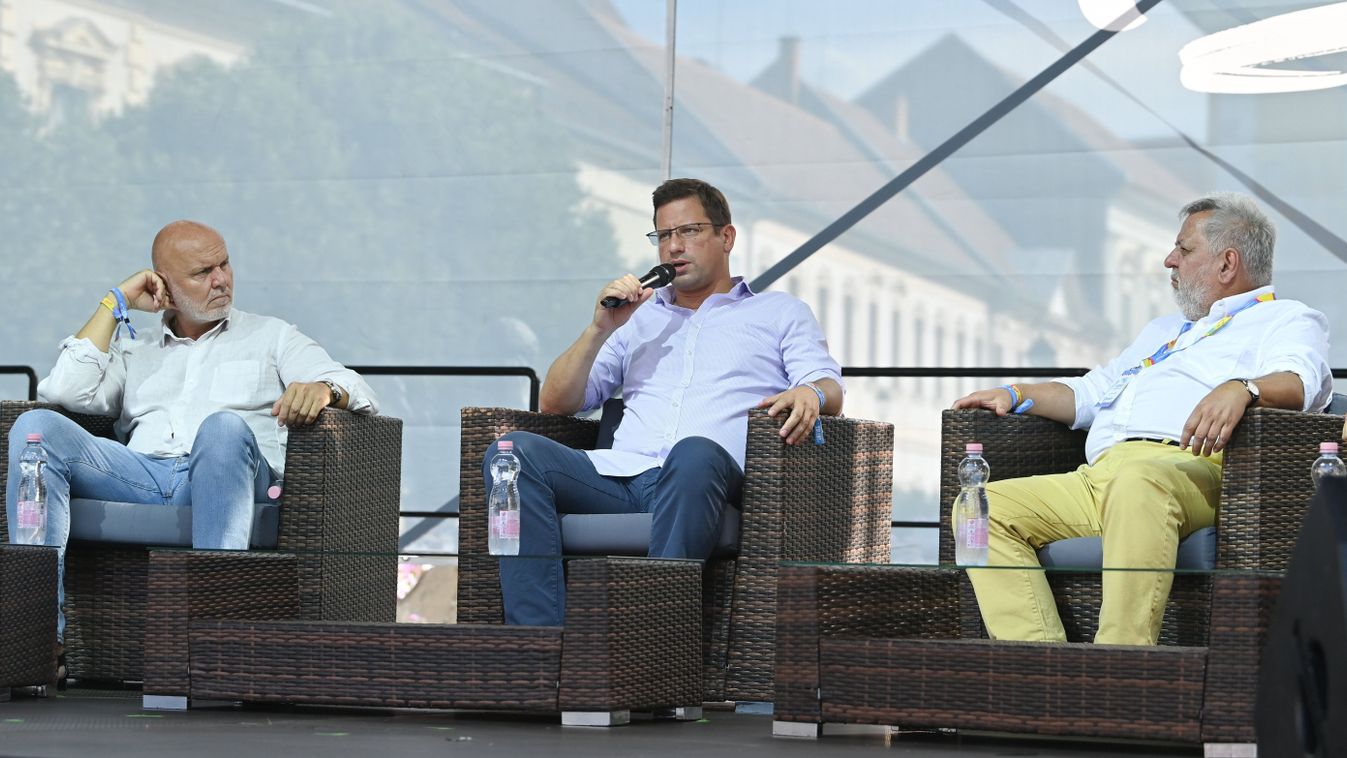
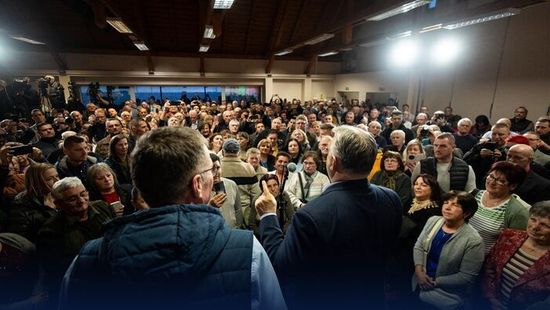
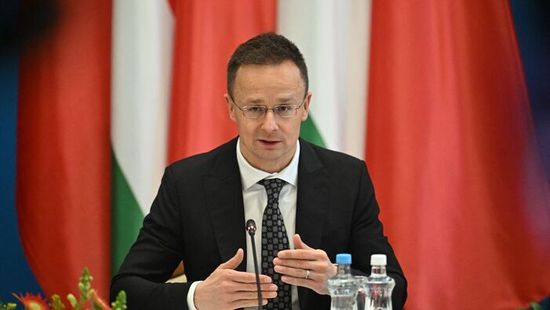
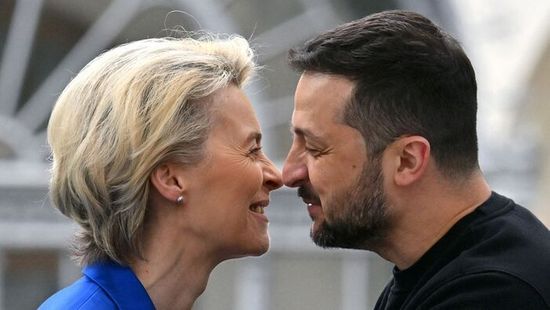
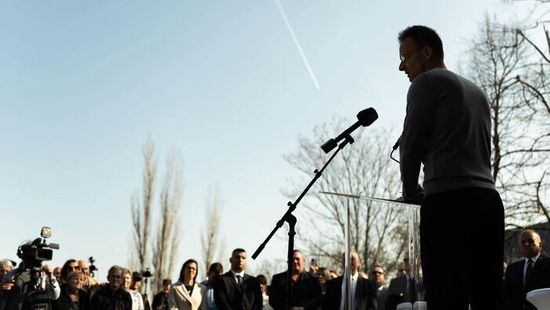

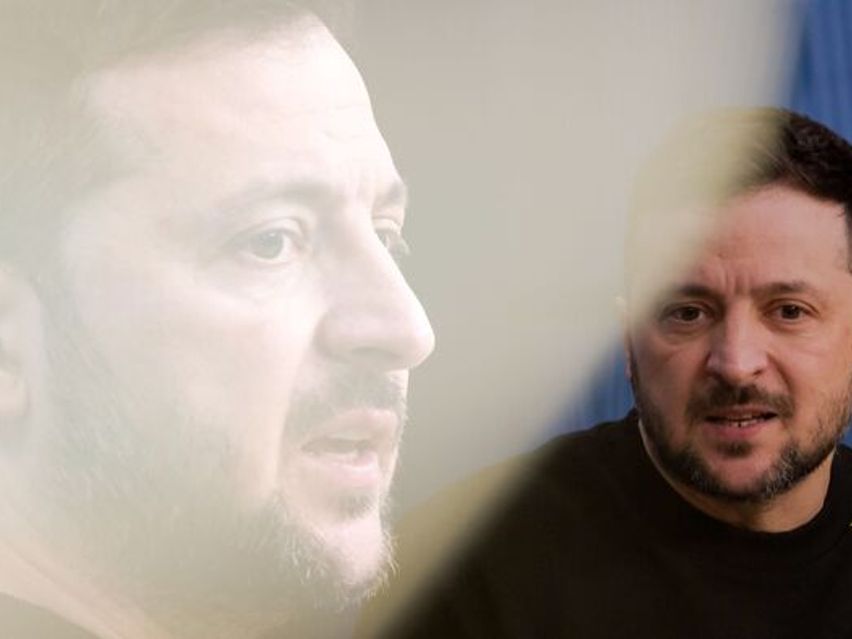
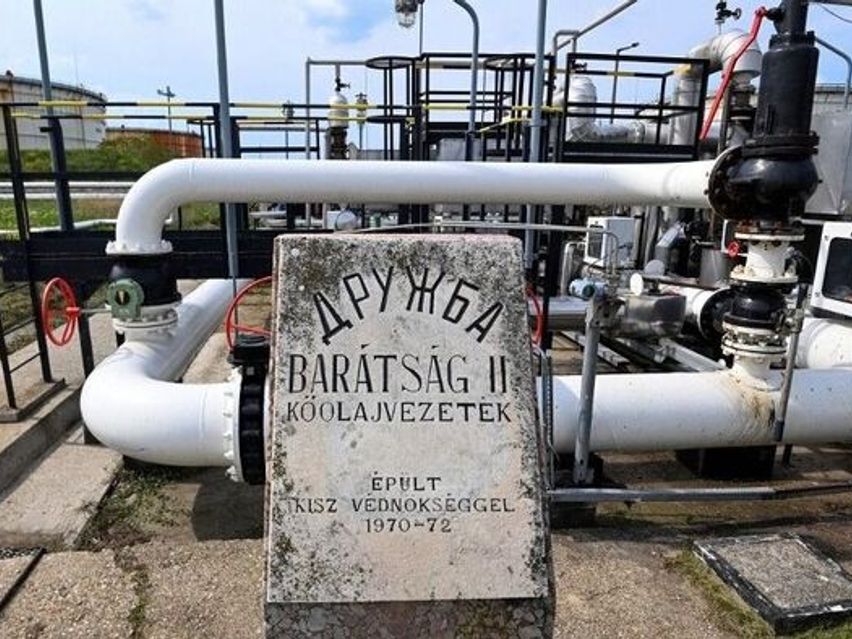
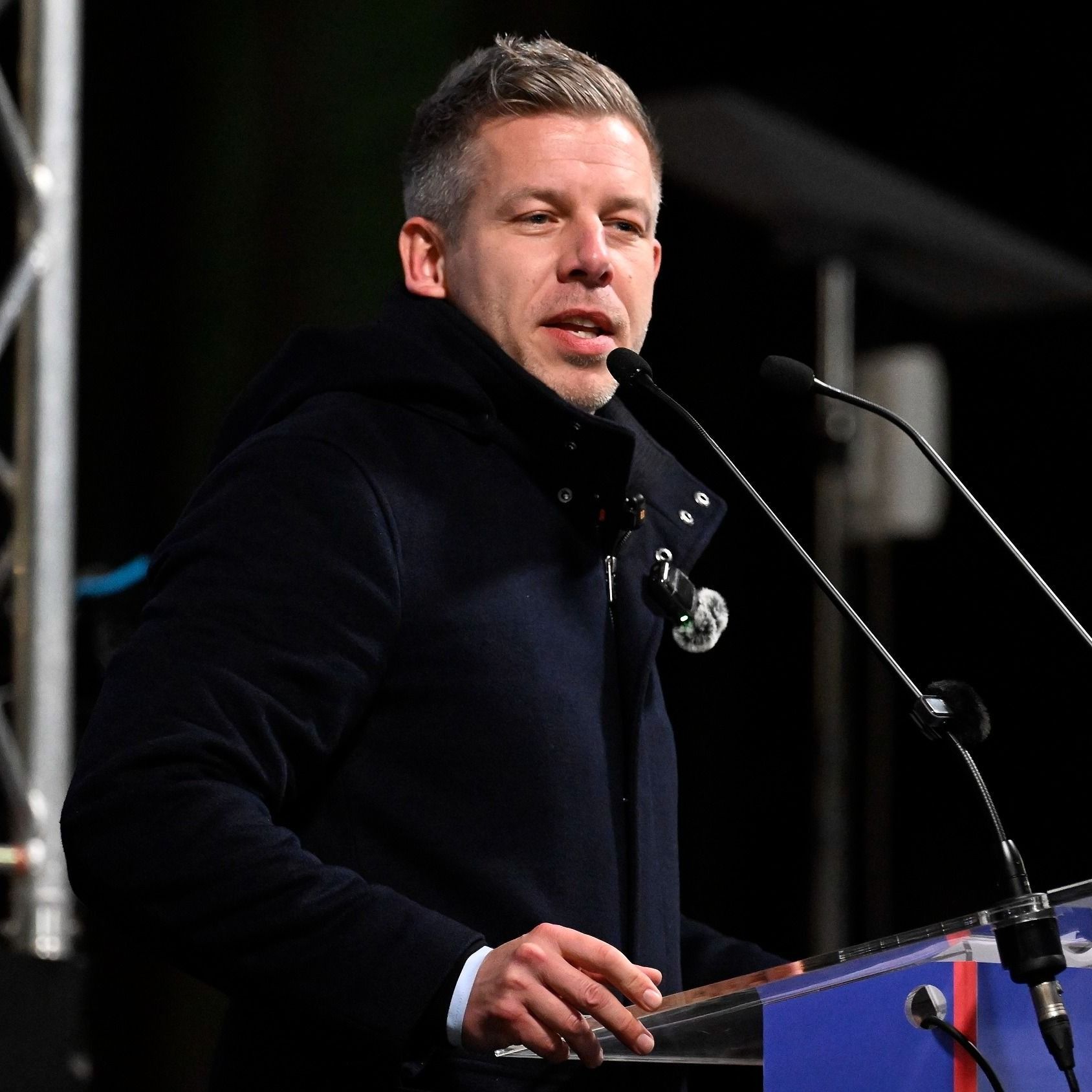


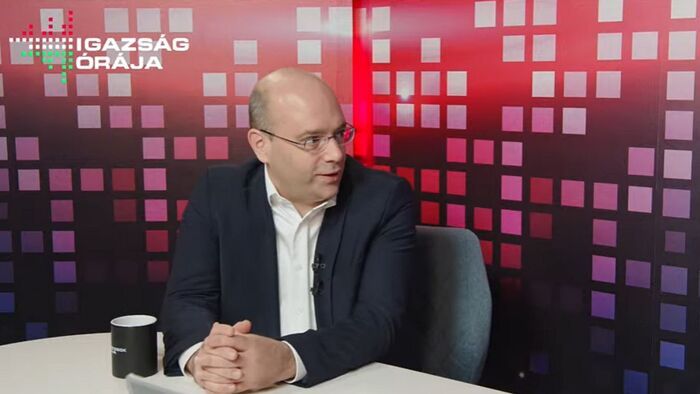

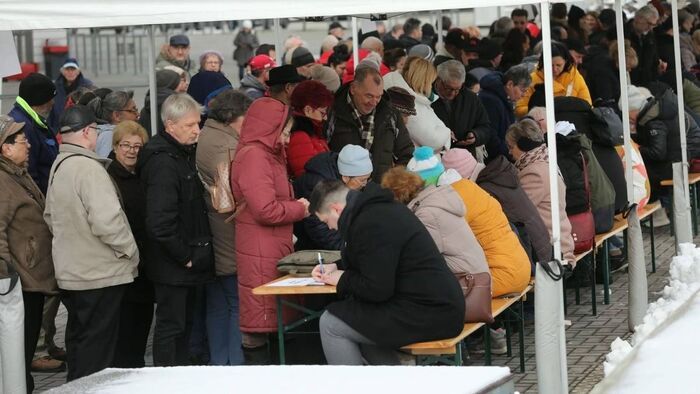

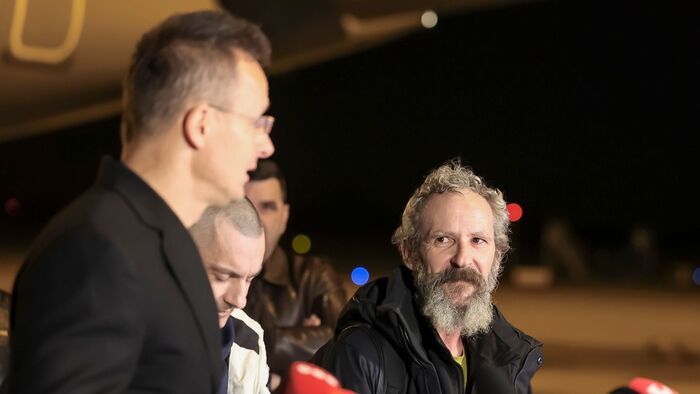
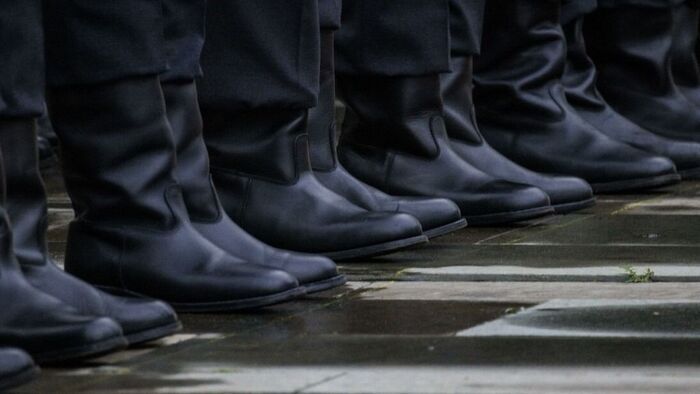

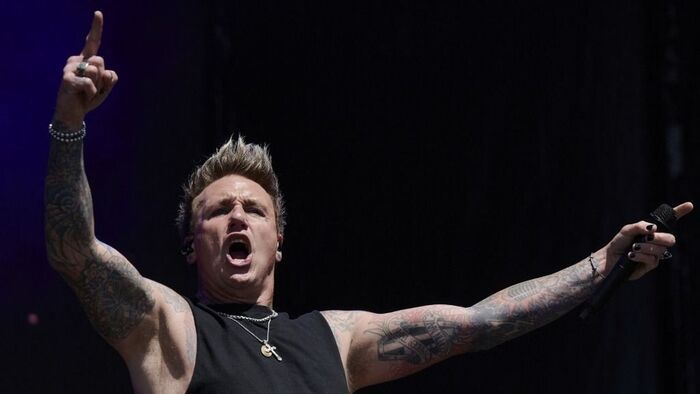
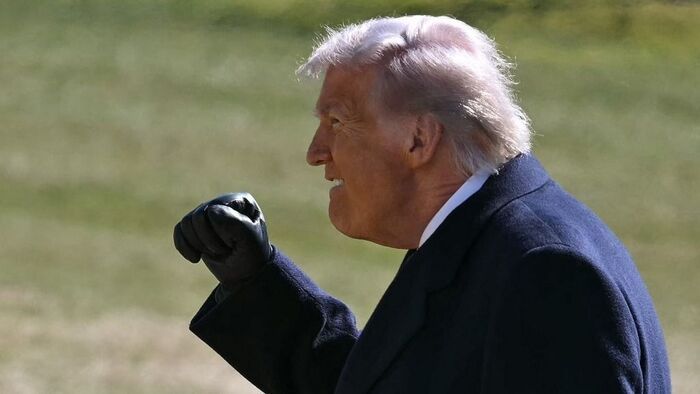
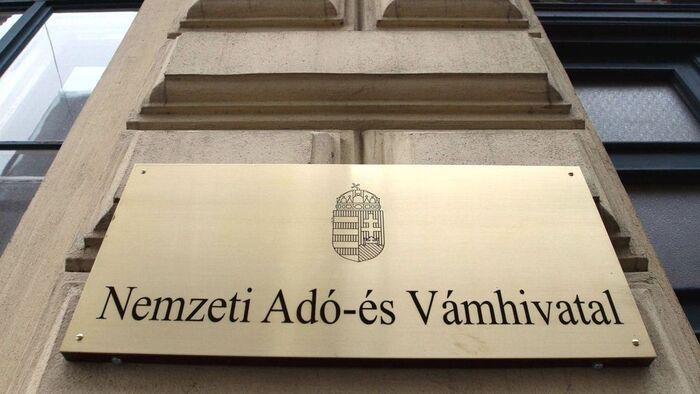

Szóljon hozzá!
Jelenleg csak a hozzászólások egy kis részét látja. Hozzászóláshoz és a további kommentek megtekintéséhez lépjen be, vagy regisztráljon!